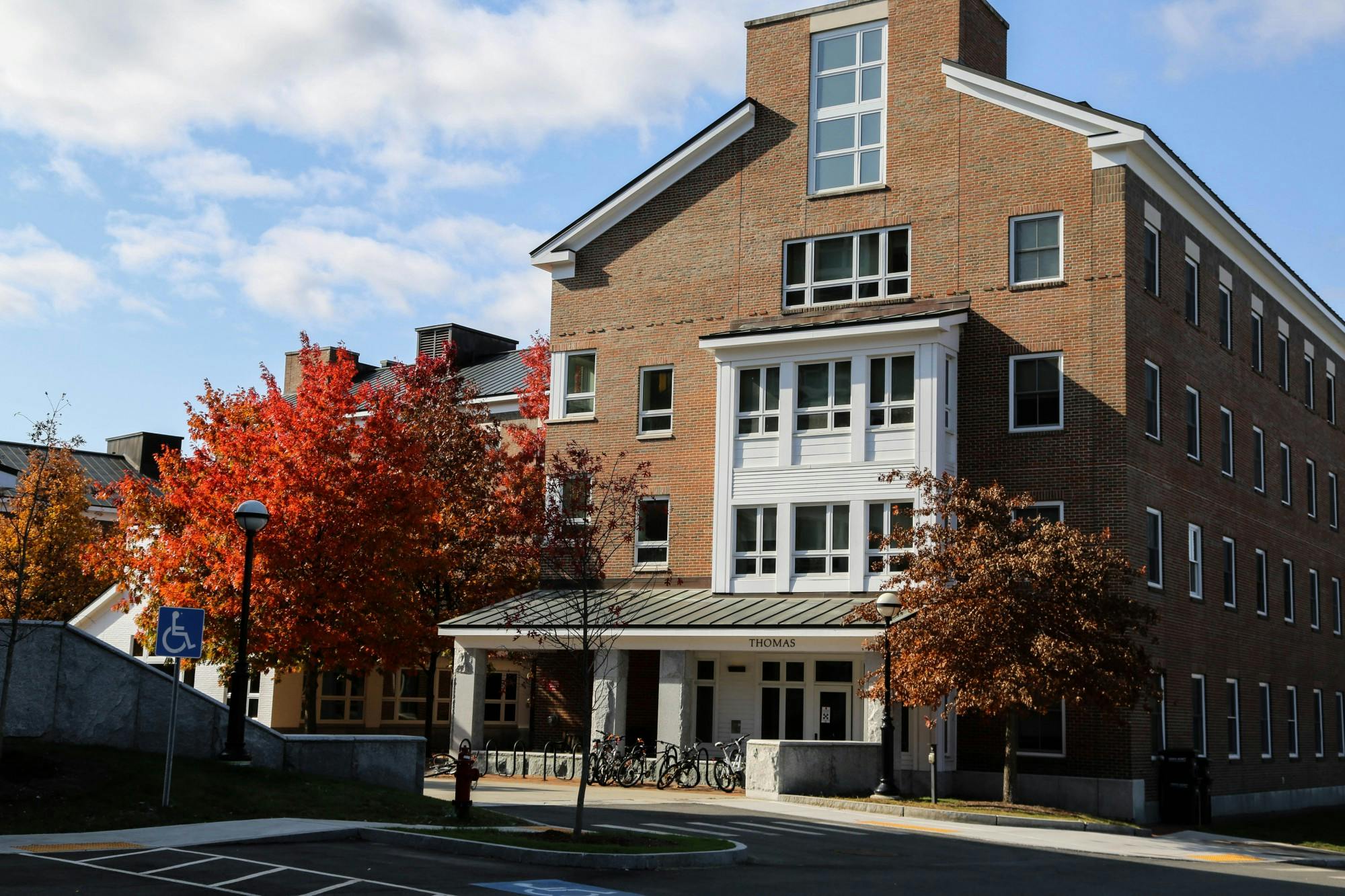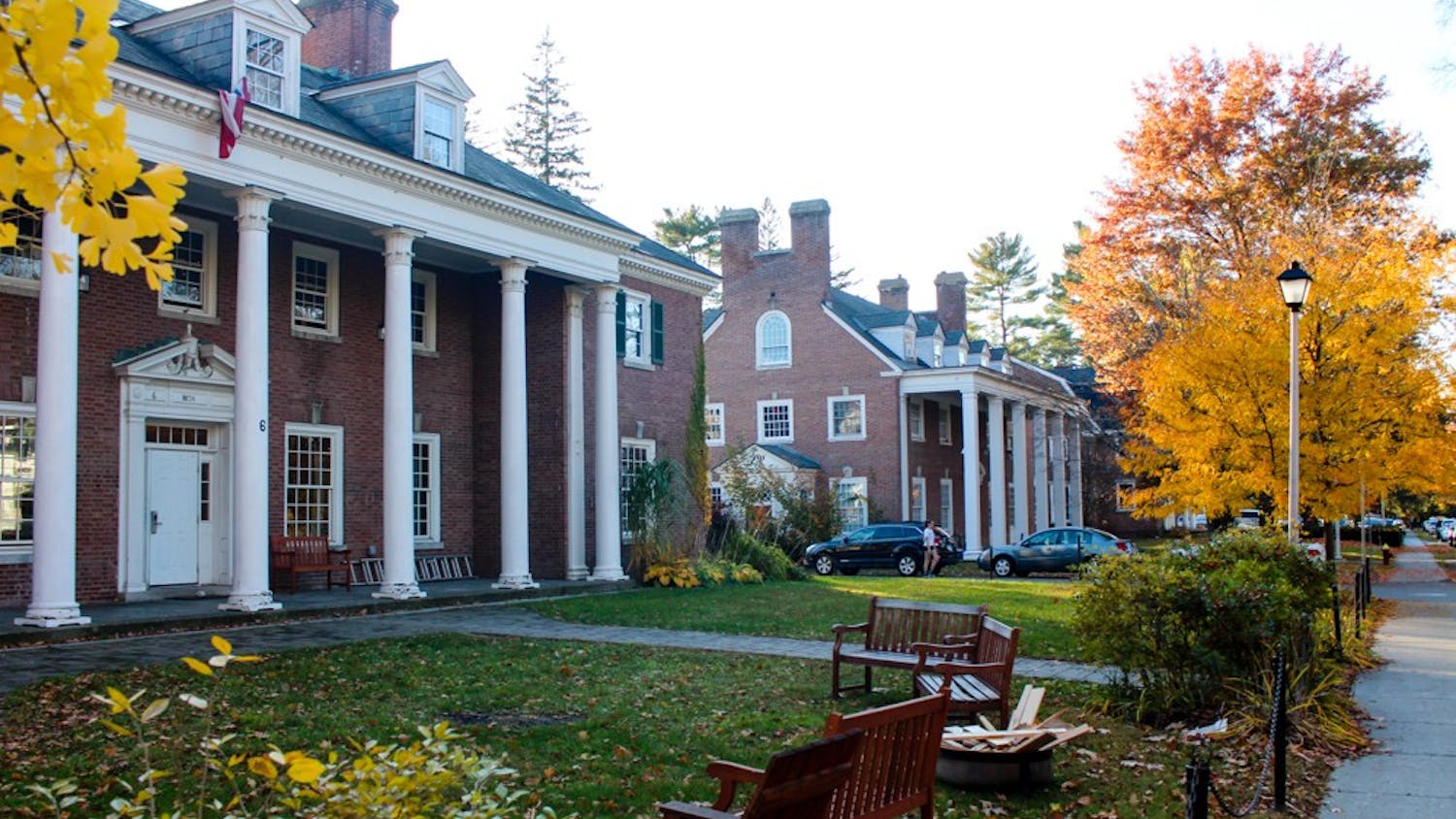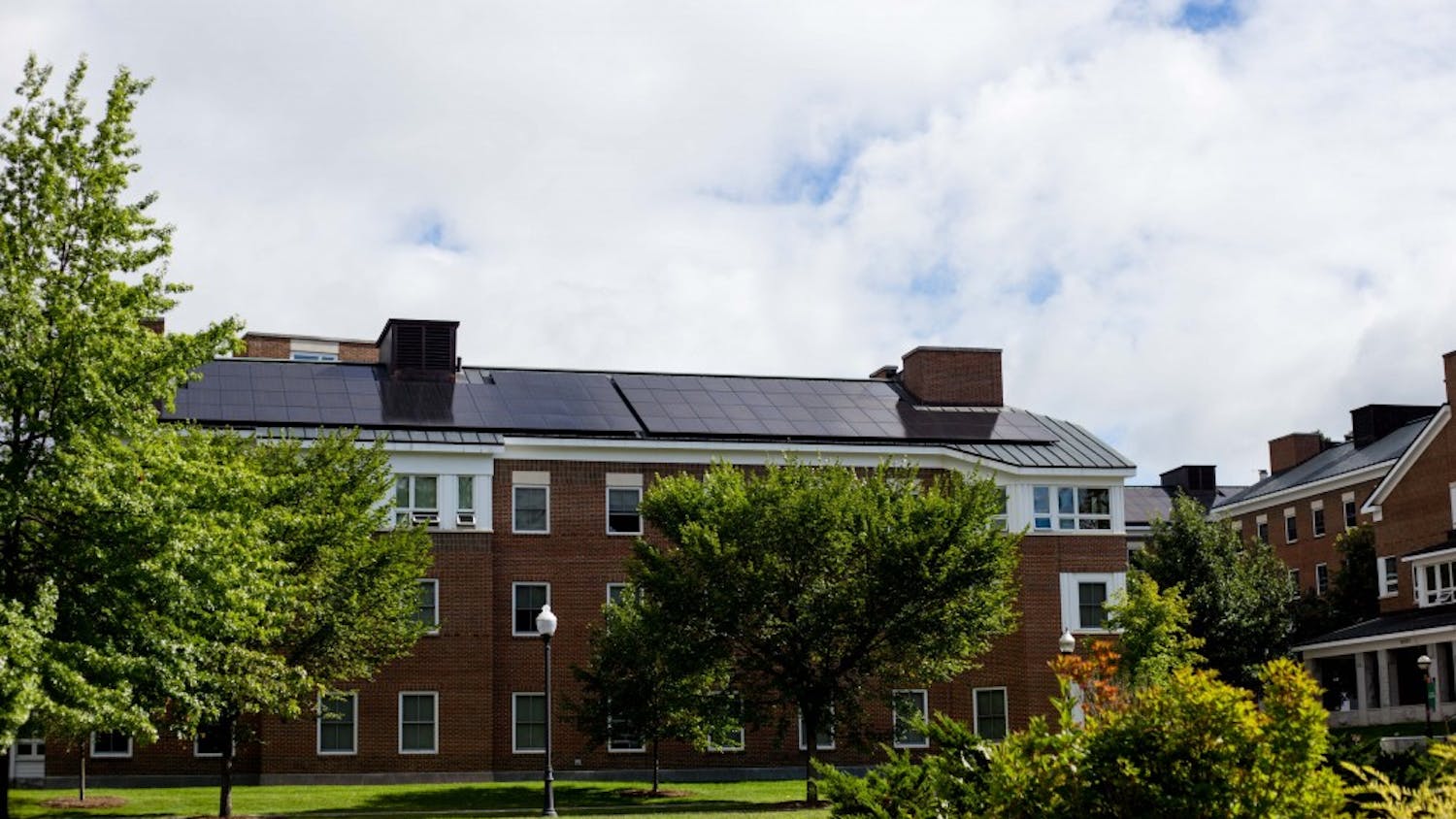This article is featured in the Fall 2020 special issue.
Many students at Dartmouth choose to join affinity houses and Living Learning Communities — residence halls and housing units that bring students together around common academic or cultural interests — in order to build a sense of community on campus. Even in the world of virtual learning, many of these programs are still running.
Program member numbers, however, have fluctuated as compared to previous years, according to the associate director of residential education for Living Learning Programs and academic initiatives Abi France-Kelly. She mentioned that program membership this term was not limited by the number of spaces available in residential areas, but that advisors were able to choose how many students they felt they could handle in a virtual program.
"It felt like there were a lot more students who might not have traditionally participated who were able to participate," France-Kelly said.
Asian societies, cultures and languages professor James Dorsey, the faculty advisor for the Japanese Language Program, said that there was “a little less interest in [the LLC] in our virtual times than there were usually when [the LLC] had that [McLaughlin] floor and there was living space.”
Todd Gibbs, assistant director for health improvement at the Student Wellness Center and one of the advisors for the Thriving Through Transitions LLC, said that 16 students are taking part this year, compared to between 30 and 35 students last year.
"I suspect part of that was the desirability of being able to live in the community as opposed to having one more thing that you're going to Zoom into," Gibbs said, adding that students in the LLC will be receiving care packages "in the absence of being able to gather and share some of the resources that we have at the [Student] Wellness Center."
The Shabazz Center for Intellectual Inquiry currently has four students in residence at the house, down from its usual capacity of 25 students, Shabazz Center fellow and history professor Naaborko Sackeyfio-Lenoch said. However, she added that there are 19 students taking part in the virtual programming, with students still able to participate despite being off campus.
While many programs are running in some context this term, others have opted to take a term off.
“Some [communities] are not operating at the moment due to some of the advisors’ inability to do a virtual program or the lack of interest of students opting into them,” France-Kelly said.
She specifically named the general Global Village, the Gender Equity Program Floor, the Sustainable Living Center and the Foley House, adding that "some of" these programs aren’t "fully operating" as they would in regular years because not everyone is able to live together due to safety concerns.
Although the switch to a virtual format has taken away the in-person experience of LLCs and affinity housing, there may be a "silver lining," said Sarah Morgan, program manager for experiential learning at the Magnuson Center for Entrepreneurship and staff advisor for the Entrepreneurship LLC. Some of the virtual speakers for the Entrepreneurship LLC have been promoted on the Magnuson Center email list and have been available to the entire campus, Morgan said.
Emma Johnson ’24, a member of the Entrepreneurship LLC, joined because she wanted to “meet regularly” with students who had interests in business, and she wasn’t sure if her “passion” for business would fit into her studies of other subjects.
Johnson added that the LLC meets once a week as a group, but there are also bi-weekly small group discussion meetings, one of which is held on Saturday mornings to accommodate international students’ time zones. She also reflected favorably on a recent Entrepreneurship LLC meeting where the community acted as a focus group for the alumni inventors of the new "Who's Down" app.
Alex Munson ’24, joined the Japanese Language Program LLC in order to practice the Japanese language in an “intensive environment.”
“We’re not actually living in the same place now, so it’s a little different than how I envisioned it,” Munson said, but added that he appreciated the experience of meeting virtually with other students in the program once a week to speak Japanese and listen to guest speakers. Although the group is composed of only six students, he said “it’s always a very lively atmosphere regardless of how many people are at any particular meeting.”
In order to participate in LLCs and affinity housing, students fill out applications with prompts specific to each community or house. While some groups, like Thriving Through Transitions, are open exclusively to freshmen, other programs allow upperclassmen to join.
Certain affinity houses today exist in their own buildings, such as Triangle House, La Casa, the Native American House and the Shabazz Center for Intellectual Inquiry.
With the transition to a remote format, LLCs and affinity houses have faced challenges organizing events. However, many of them have adapted their programming to build virtual connections.
Shabazz has faced limitations on its normal, in-person partnerships with the Hopkins Center, but the house has been able to invite professors to speak about their work and their backgrounds to the students, Sackeyfio-Lenoch said.
Middle Eastern Studies professor and faculty advisor for the Arabic Language Program El Mostafa Ouajjani said that the program — which is not open to freshmen — is currently holding weekly meetings for the two students in the program. He added that this is down from its normal twice weekly events of dinner and a Moroccan tea hour. MES professor and faculty advisor for the Arabic Language Program Jamila Chahboun said that one week, she led a cooking class where she taught the students how to make Moroccan food, and that a future discussion would focus on Arabic poetry.
While there are no current members of the Italian LLC, focus is being placed on "providing multiple events every week" that are open to the entire campus, Italian department student advisor Diana Alvarado ’22 wrote in an email statement.
As much as these events do serve to bring students together, students have lost the more informal connections in LLCs that come from living in the same place as one another and using shared spaces. Jason Saber '23, a member of the Japanese Language Program who lived in residence with the same LLC last year and is currently living off campus, noted the lack of the conversations that naturally began in the floor common room.
However, the virtual programs are still pushing forward.
“You can see that people are being very resilient and also very creative and innovative right now,” France-Kelly said of the new programming. The abrupt shift to online is “nonetheless challenging,” she said, but added that “we all adapted the way we needed to.”




